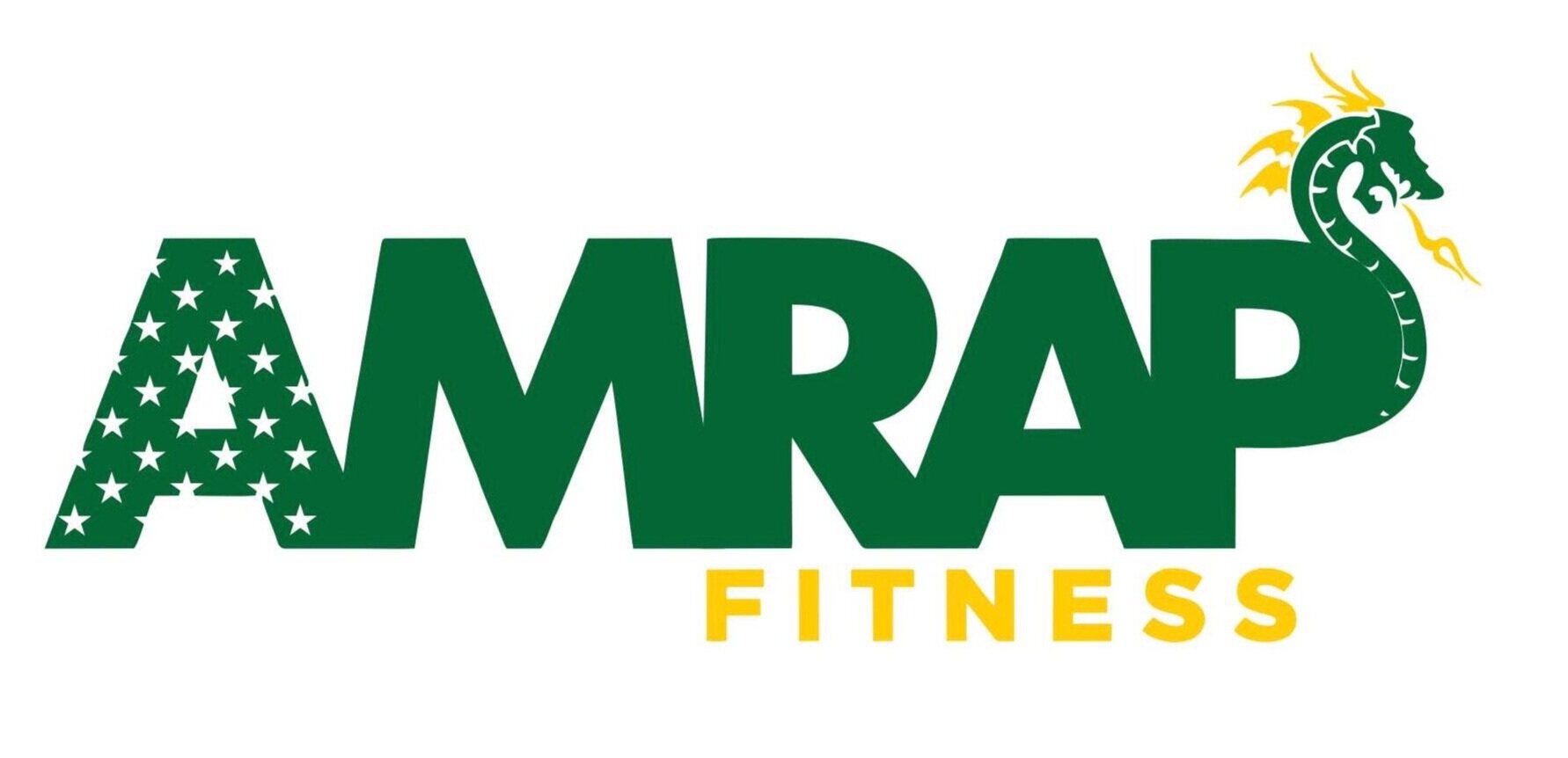Introduction
Achieving optimal body composition while enhancing longevity requires a strategic approach. Building muscle and losing fat is not just about working out; it involves a combination of resistance training (stimulus), sufficient protein intake, and an appropriate caloric balance.
Coach Ray Traitz has been working with clients and experimenting with his own regimen to refine these key principles. By optimizing training, nutrition, and recovery, he helps individuals achieve sustainable results.
In this blog, we will explore the science behind this approach, referencing three top researchers in the field. We will also examine case studies demonstrating the power of stimulus, protein, and caloric management in improving body composition and extending lifespan.
The Science Behind Muscle Building and Fat Loss for Longevity
1. The Role of a Stimulus
A training stimulus, particularly resistance training, is necessary for muscle growth and fat loss. Without adequate stress on the muscles, the body will not adapt, leading to stagnation or muscle loss, especially as we age.
2. The Importance of Protein
Protein is essential for muscle repair and growth. As we age, protein synthesis declines, making it even more critical to consume sufficient protein to prevent muscle atrophy and maintain strength.
3. Calories and Body Composition
Calories determine whether you gain or lose weight, but the quality and timing of those calories matter. Maintaining an appropriate caloric intake supports muscle recovery while reducing excess fat accumulation.
Insights from Leading Researchers
Dr. Brad Schoenfeld (Exercise Science & Hypertrophy)
Progressive Overload: Increasing resistance over time is essential for continuous muscle growth.
Training Frequency: Training a muscle group at least twice per week maximizes growth.
Varied Stimulus: Incorporating different rep ranges and exercise variations prevents plateaus.
Dr. Stuart Phillips (Protein and Longevity)
Adequate Daily Protein Intake: Consuming 1.6-2.2g of protein per kg of body weight is optimal for muscle retention.
Leucine Threshold: Hitting the leucine threshold (2.5-3g per meal) is crucial for muscle protein synthesis.
Protein Distribution: Spreading protein intake across four meals enhances absorption and muscle repair.
Dr. Layne Norton (Fat Loss & Metabolic Adaptation)
Reverse Dieting: Gradually increasing calories prevents metabolic slowdown.
Energy Balance Matters: Fat loss requires a caloric deficit, but too much can harm muscle retention.
Strength Training for Fat Loss: Weightlifting is superior to cardio alone for body recomposition.
Case Studies from Research
Progressive Overload for Muscle Retention
A study led by Dr. Schoenfeld found that participants engaging in resistance training with progressive overload increased lean muscle mass by 5% over 12 weeks, while those without overload saw no significant changes.
Protein Timing and Synthesis
Dr. Phillips’ research demonstrated that spreading protein intake evenly throughout the day increased muscle retention by 10% in older adults compared to those consuming most of their protein at dinner.
Caloric Balance and Fat Loss
Dr. Norton’s work on reverse dieting showed that participants who increased calories slowly after dieting maintained fat loss while regaining metabolic function, compared to those who resumed normal eating habits too quickly.
Coach Ray Traitz’s Experience and Approach
Through years of training and coaching, Ray Traitz has personally tested and implemented these strategies:
Stimulus: Utilizing progressive overload in his training plans ensures long-term muscle retention.
Protein: He emphasizes consuming high-quality protein sources to support recovery.
Calories: He carefully monitors intake to maintain optimal body composition without unnecessary fat gain.
By applying these principles, Ray helps clients achieve sustainable muscle growth and fat loss while improving their overall longevity.
Why Work with Coach Ray Traitz?
If you’re serious about transforming your physique and enhancing longevity, working with a knowledgeable coach can accelerate your progress. Ray Traitz offers personalized training and nutrition coaching tailored to your goals.
For more information, contact Coach Ray Traitz at amrapfitness@hotmail.com.
Resources
Schoenfeld, B. J., et al. (2020). “Resistance Training and Hypertrophy: A Meta-Analysis.” Journal of Strength and Conditioning Research.
Phillips, S. M., et al. (2016). “Protein Needs for Athletes and Aging Individuals.” American Journal of Clinical Nutrition.
Norton, L. E., et al. (2019). “The Effects of Reverse Dieting on Metabolic Rate.” International Journal of Sports Nutrition.
By understanding and implementing the key principles of stimulus, protein intake, and caloric balance, you can build muscle, lose fat, and improve your longevity. Start today!




